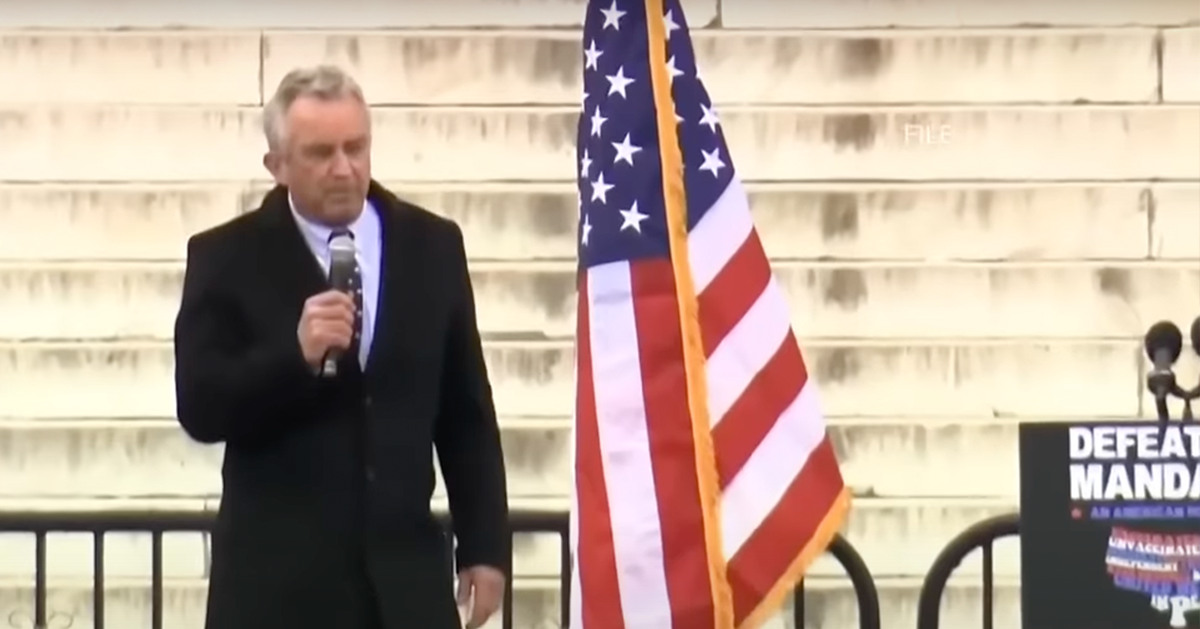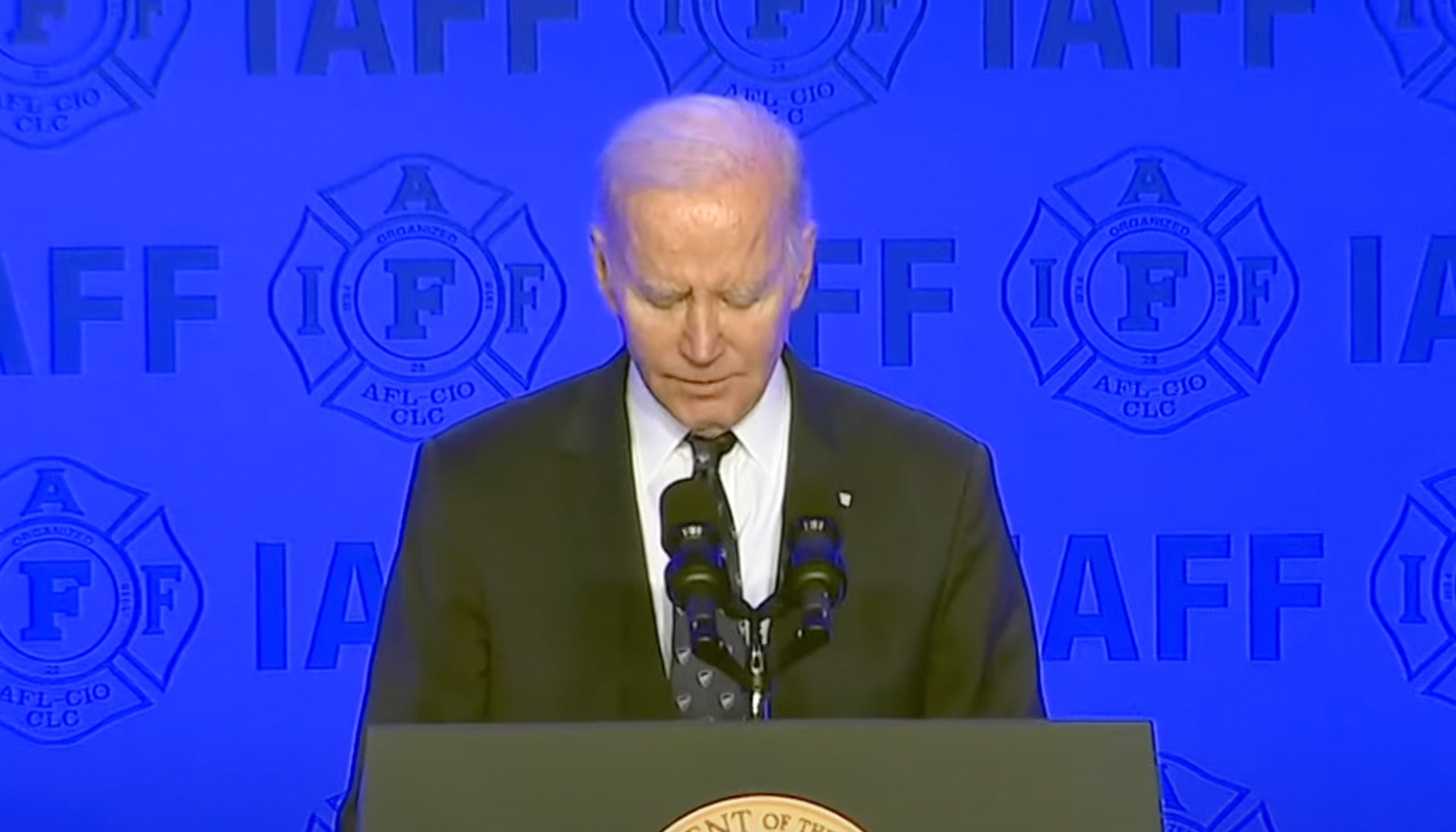Kash Patel departs leadership role at ATF after brief tenure
In a surprising shake-up within federal agencies, the Trump administration has removed Kash Patel from his brief tenure as director of the Bureau of Alcohol, Tobacco, Firearms, and Explosives (ATF), a role now assumed by Dan Driscoll, who will simultaneously continue his duties as secretary of the Army.
This leadership change at the ATF involving Patel arises amid significant political discourse surrounding the agency's function under the Trump administration, particularly as it relates to Second Amendment issues, as Newsmax reports.
Patel, who also serves as the FBI director, was unexpectedly appointed as acting head of the ATF for a very short period of 24 hours.
This brief appointment raised questions among political circles and was met with criticism from specific groups, particularly due to concerns over Patel's perceived lack of experience in pivotal areas such as crime fighting and crisis response.
Democrats voice concerns
Fourteen Democrat members of Congress articulated their concerns directly through a letter addressed to President Donald Trump. They argued that it was inappropriate for someone perceived to have limited experience in crucial law enforcement roles to be placed in such a sensitive position at the ATF.
The letter expressed strong sentiments about the expectations of leadership at a federal level. It highlighted significant concerns regarding the qualifications needed for leading an agency that plays a pivotal role in various high-stakes situations, including crime response and domestic security.
Amid this context, the role was transferred to Dan Driscoll, who was confirmed to his current position as secretary of the Army by the Senate in February, with a notable bipartisan vote of 66 in favor and 28 opposing.
This dual-role appointment, while rare, is emblematic of the current administration's approach to leadership distribution within federal agencies.
Political reactions pour in
The ATF has often been a focal point of political tension, with differing perspectives manifesting distinctly across party lines. The agency plays a substantial role in discussions about firearm regulations, an area deeply entwined with American politics and intrinsic constitutional rights.
Earlier in February, Trump signed an executive order aimed at safeguarding Second Amendment protections.
This order was accompanied by criticisms of the preceding Biden administration's handling of the ATF, accusing it of undermining gun rights.
Harrison Fields, the principal deputy press secretary at the White House, commented on the situation. Fields reiterated that Patel's brief designation as acting ATF Director was not unusual, describing it as a routine move pending Senate confirmations -- a practice mirrored in numerous other federal appointments.
ATF's role in national debate
The broader implications of this leadership change at the ATF resonate far beyond individual appointments. The agency itself is at the heart of ongoing discussions regarding gun control, a topic that remains a priority on both federal and state legislative agendas.
Dan Driscoll’s appointment is another chapter in the narrative of how high-profile positions are managed within the current political landscape. The dual role now held by Driscoll poses questions about the blending of military and civilian duties within executive operations.
While controversy surrounds the administration's handling of such appointments, it similarly highlights the strategic maneuvers employed in shaping the functioning of federal entities. This includes responding to political pressures and navigating the highly charged arena of constitutional rights.
Future implications for agency unclear
Patel, despite his short designation at the helm of the ATF, continues his responsibilities as FBI director. Fields emphasized that he is "delivering outstanding results" in his current role, signaling confidence in Patel's capabilities within the FBI’s scope of work.
The current administration’s appointment of Driscoll is part of a broader strategy to address perceived challenges faced by gun rights advocates and to recalibrate the ATF's focus under renewed leadership. Driscoll's role blending military and firearm regulatory leadership signifies a significant point of interest.
As the ATF moves forward under Driscoll's directorship, it remains to be seen how these shifts will impact the agency's policies and interactions with both political entities and the general populace. The evolving landscape of federal appointments continues to shape the dialogue around constitutional rights and governmental accountability.





